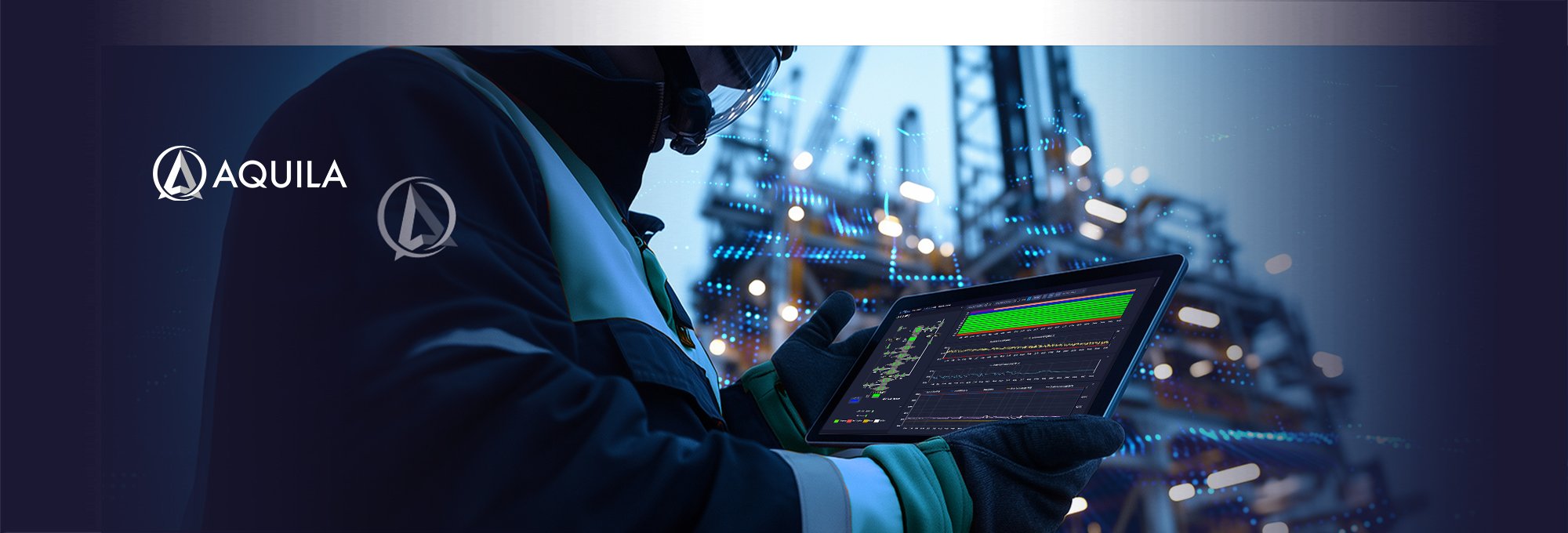
May 14th, 2025
Why Operators Are Turning to Reliability-Centered Maintenance (RCM) Offshore: A New Way to Frame What Used to Be CBM
How the evolution from Condition-Based Maintenance to RCM is unlocking real efficiency, cost savings, and better equipment uptime for offshore drilling operations
As offshore operations grow more complex, traditional Condition-Based Maintenance (CBM) is being replaced (or reframed) by Reliability-Centered Maintenance (RCM). This blog explores what RCM truly is, why it’s being embraced in the offshore drilling sector, and how it delivers measurable ROI, especially when integrated with real-time monitoring, digital BOP testing software, and data-driven decision-making.
In this blog, we break down the growing adoption of Reliability-Centered Maintenance (RCM) by offshore operators. You’ll learn how this strategy differs from CBM, why it’s gaining traction, and how it ties directly into technologies like real-time monitoring systems and digital BOP testing services. We’ll also explore real-world metrics showing how RCM boosts operational efficiency and reduces downtime, all while reinforcing safety and compliance.

1. What is Reliability-Centered Maintenance (RCM)?
Reliability-Centered Maintenance (RCM) is a systematic approach that focuses on ensuring equipment continues to do what its users require in its present operating context. Unlike traditional CBM, which reacts to real-time performance thresholds, RCM proactively analyzes failure modes and prioritizes maintenance based on criticality and risk.
Key elements of RCM:
Failure Mode and Effects Analysis (FMEA): Understand how components can fail and the impact of those failures.
Criticality Assessment: Determine which assets are most vital to safe and productive operation.
Maintenance Strategy Selection: Apply preventive, predictive, or run-to-failure strategies based on reliability goals.
Real-Time Monitoring Integration: Systems like real-time monitoring (RTM) drilling solutions and BOP tracking help implement RCM efficiently.
By embedding RCM in BOP engineering and maintenance plans, operators avoid unplanned failures and extend the lifespan of critical equipment, especially subsea assets where intervention is costly and risky.
What is RCM in the Context of Offshore BOPs?
RCM leverages digital tools like real-time monitoring (RTM), digital pressure testing (DPT), and digital BOP assurance (DBA) to:
Track system performance and anomalies continuously
Assess the condition of BOP components in real time
Predict failures before they occur
Justify test deferrals and reduce unnecessary maintenance events
Instead of relying on a calendar, decisions are made based on data, reliability metrics, and risk assessments - aligning maintenance with actual equipment condition and operational demands.
Reliability-Centered Maintenance (RCM) is proving to be a strategic investment for offshore operators, delivering tangible returns in cost savings, operational efficiency, and safety enhancements.
Key Benefits Observed:
Up to 35% reduction in non-productive time (NPT) due to fewer unplanned stack pulls and unnecessary tests
20–25% decrease in maintenance costs, by eliminating unneeded interventions
Extended test intervals from 14 to 21+ days with regulator-approved reliability data
Improved safety through early detection of degrading components, avoiding catastrophic failures
Lower insurance premiums when risk mitigation strategies are data-backed
These outcomes underscore the value of integrating RCM into offshore operations. When combined with advanced technologies like real-time monitoring systems and digital BOP testing software, RCM not only optimizes maintenance strategies but also contributes to overall operational excellence.
2. The ROI of RCM in Offshore Environments

3. From CBM to RCM: A Strategic Shift with Technology as the Enabler
CBM laid the foundation, but RCM is the evolution, especially for BOP systems and high-criticality offshore assets.
Here’s how operators are making the shift:
Step 1: Digitize Testing & Monitoring
Use digital BOP testing service providers and BOP testing companies that offer advanced BOP testing software integrated with sensors and RTM.Step 2: Analyze Data Proactively
Deploy BOP test data analysis platforms to forecast failure trends and optimize maintenance planning.Step 3: Align with RCM Framework
Incorporate asset criticality, failure mode history, and performance metrics into a cohesive RCM plan.Step 4: Train BOP Engineers and Technicians
Ensure teams understand how to use insights from BOP engineering tools and real-time monitoring to make data-driven decisions.
By reframing maintenance through the lens of reliability, teams can move beyond reactive fixes and into performance optimization.

Conclusion: RCM Is the Future of Offshore Asset Reliability - with Aquila Engineering at the Core
Offshore operators are under mounting pressure to increase uptime, cut operational costs, and strengthen safety. Reliability-Centered Maintenance (RCM) provides a smarter, risk-based framework to meet these demands, especially when backed by the right technology.
At Aquila Engineering, our Real-Time Monitoring (RTM) system and Digital Pressure Testing (DBA) services are purpose-built to help drilling teams implement effective RCM strategies. From enabling proactive decision-making to improving BOP test data analysis and reporting accuracy, our solutions make maintenance more predictive, efficient, and aligned with operational goals.
RCM it’s about transforming how offshore assets are managed. And with Aquila’s digital tools, you gain a competitive edge through smarter, data-driven maintenance.
Ready to bring RCM to life in your offshore operations? Contact us to learn how Aquila Engineering can support your transition to a more reliable, digitally enabled future.




